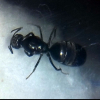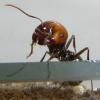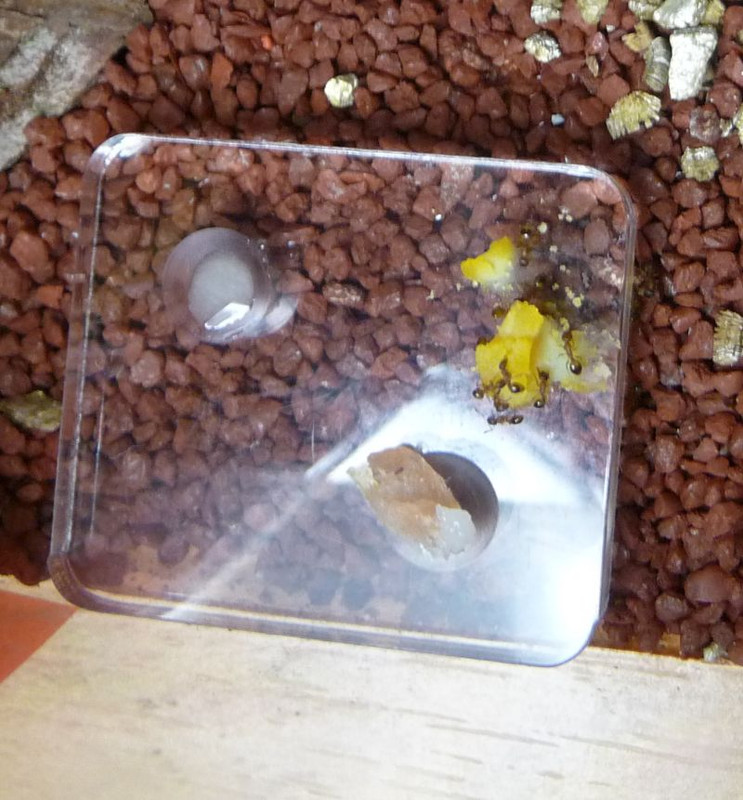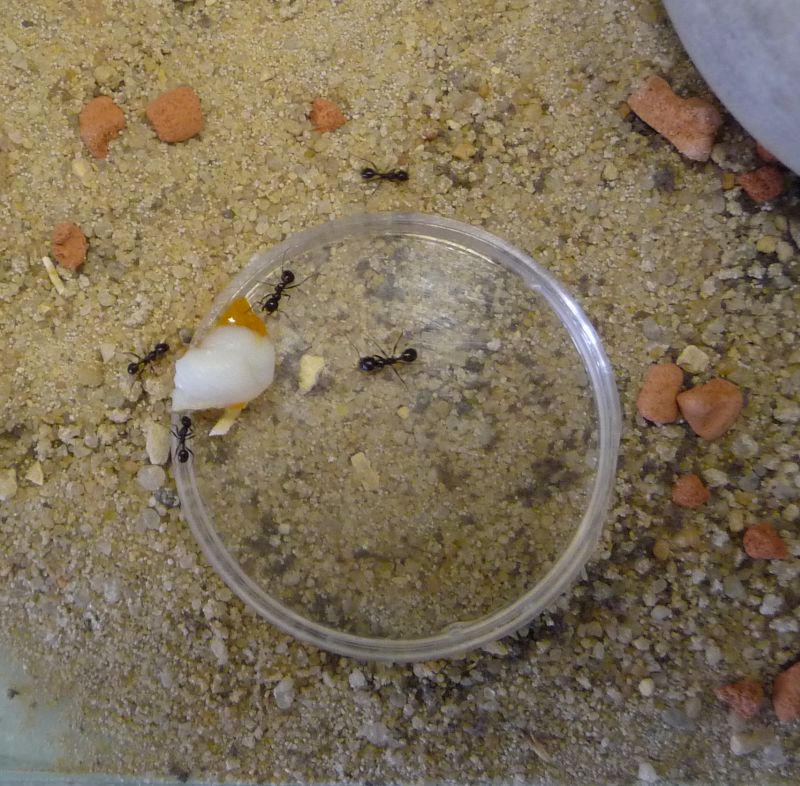As Paracelsus said hundreds of years ago:
It is the dose that makes the poison.
With heavily processed foods (and this includes cat food!!!)Because what do you think that blob out of the tin or the dry pellets are?) you have to vary and feed it more as a treat and not as a stable food.
My ants love liver pate as a treat.
You have to see if the ants will eat different kinds of cat food.
You can also try different kinds of fish food.
Concerning the vitamins.... I am not sure anybody can give you a concrete answer to that.
Not sure if there has been exhaustive research done on the nutrition of ants?
In any case, I would NOT buy vitamins for humans. Too high dosage!
Buy lower dose vitamins- how about buying the liquid ones you use for fish and reptiles? They sell these in every pet store in Germany.
I would just dose these liquid vitamins as it says on the package, how many drops to a litre of water or how much to drip on the food.
The main issue I am seeing:
the contents and distribution of amino acids.
The composition of insect meat and vertebrate meat and eggs is different.
So if you only feed one kind of food, there is a chance that there will be an imbalance of amino acids, and the ants will have lack of some of them.
But as far as I know, ants are very clever.
They will let you know when they need something different.
Ants will get tired if you only feed one kind of food.
They won't accept it as readily anymore.
This will be a sign that you have to change it up and try something else.
As in human nutrition, variation is key.
Change it around, try different things and avoid feeding processed foods (as I said, this includes anything in a tin and in pellet form) as a stable regular diet without also offering fresh alternatives.
Yes, I know, cats and dogs and fish can exist when only fed on pellets, humans can, too, but this is why I write "exist" and not "Thrive".
You just have to ask yourself- would you like only eating pellets for the rest of your life?
Yes, I know about the Bhaktar diet- they have been using it in the lab. It is fine for a lab environment (can be made in bigger batches), especially if the colonies are not kept for years on end.
But having done a course on animal (vertebrate!) nutrition, this just screams out to me as a subsistence diet where ants can be kept "existing" and be kept alive, not as a varied natural diet where they thrive.
















